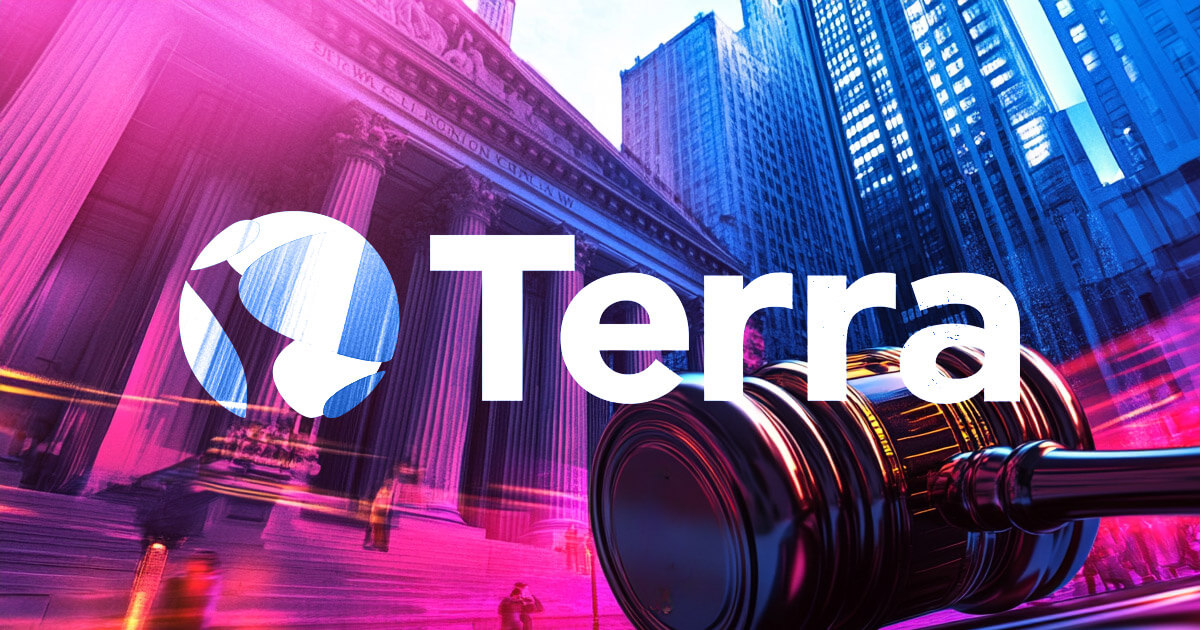By Irfan Khan
The recent developments in the Indian crypto exchange industry, aiming to enforce disclosure of recipient identities for transfers, highlight the growing importance of personal data management and privacy in the digital age. As we venture into the 21st century, safeguarding personal data has become crucial, with concepts like Personal Data Protection, Privacy, and Self-Sovereign Identity gaining significance globally.
It is encouraging to witness the emergence of privacy-centric personal data management technologies being developed right here in India. Such technologies empower individuals to retain control over their personal data and share it with third parties based on their explicit consent. One of its standout features is the utilisation of Zero Knowledge Proof-based verification, enabling users to authenticate themselves without revealing their sensitive personal information.
By integrating these innovative digital identity solutions, crypto exchanges can offer users the ability to transact securely and privately while ensuring full compliance with government regulations. This approach not only enhances user privacy but also protects exchanges from potential investigations and disruptions caused by suspicious transactions to external or un-hosted wallet addresses.
The proposed rule to track transfers to private wallets addresses a critical vulnerability in the crypto ecosystem. Instances of illicit funds being moved across borders through cryptocurrencies have raised concerns among law enforcement agencies. By enforcing stricter regulations and disclosure requirements for transfers to private wallets, authorities aim to curtail illegal activities and ensure greater transparency within the crypto space.
While implementing these measures, it is essential to strike a balance between regulatory compliance and technological feasibility. It is crucial that the measures introduced do not burden exchanges excessively or hinder their ability to carry out crypto trades effectively. Clear guidelines and frameworks, as well as collaboration between industry stakeholders, regulatory bodies, and technology experts, will be instrumental in creating a conducive environment that fosters innovation, privacy, and security within the crypto industry.
As we embark on this journey, it is evident that personal data has become an invaluable asset, and managing it effectively is paramount. Governments worldwide are recognizing the importance of personal data protection, exemplified by initiatives like the General Data Protection Regulation (GDPR) in Europe. It is a promising sign that India is actively participating in shaping the future of personal data management and privacy, paving the way for a more secure and privacy-centric digital landscape.
In conclusion, the efforts to track transfers to private wallets in the Indian crypto exchange industry underscore the need for personal data protection and privacy in the digital era. By embracing innovative technologies and striking the right balance between privacy and regulatory compliance, the industry can empower users to transact securely while upholding the necessary standards of transparency and accountability. This is an important step towards building a robust and privacy-conscious ecosystem for cryptocurrencies in India.
The author is CEO, Hypermine
Follow us on Twitter, Facebook, LinkedIn
Credit: Source link















































